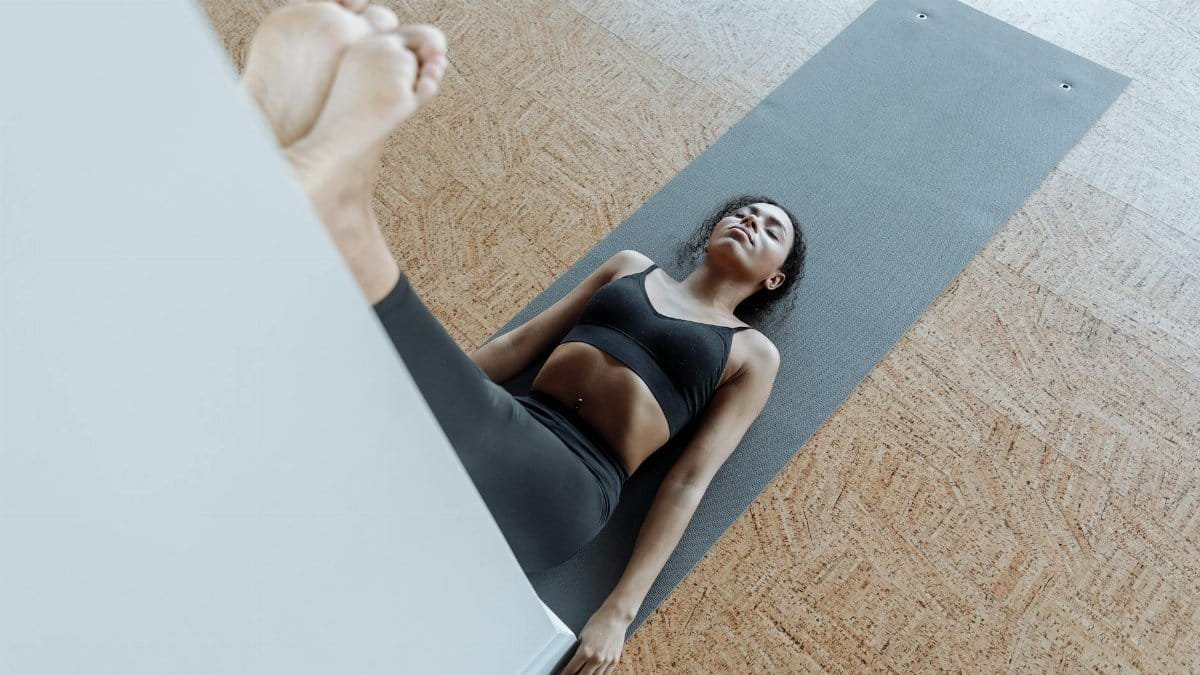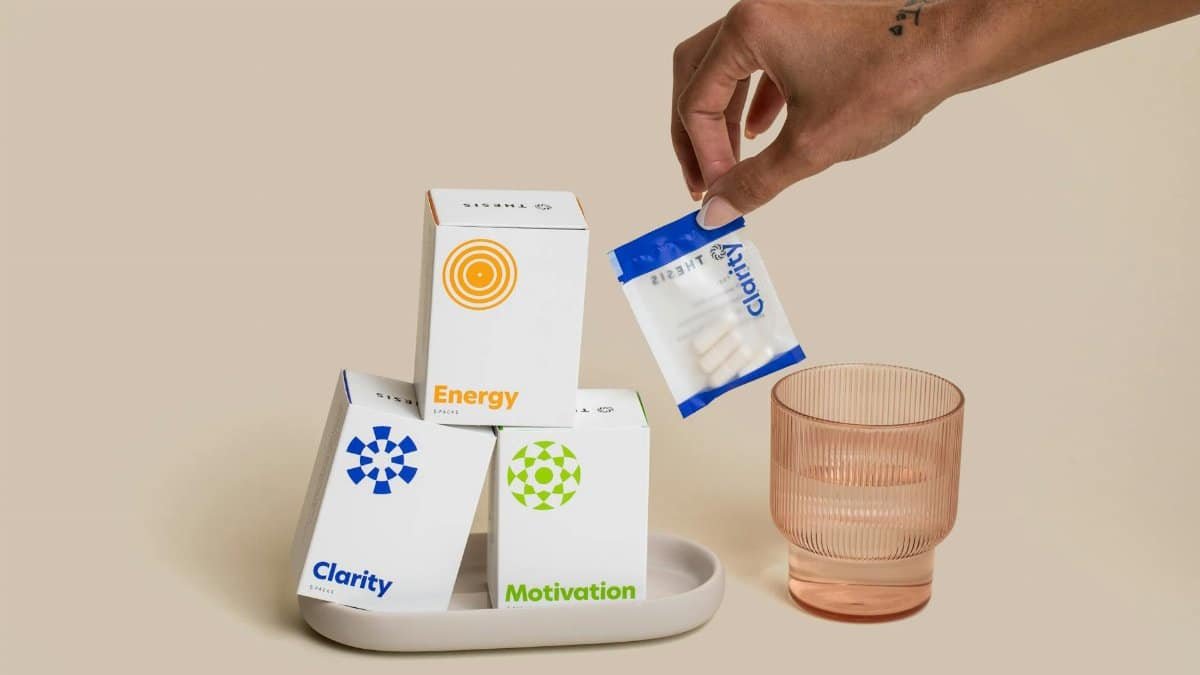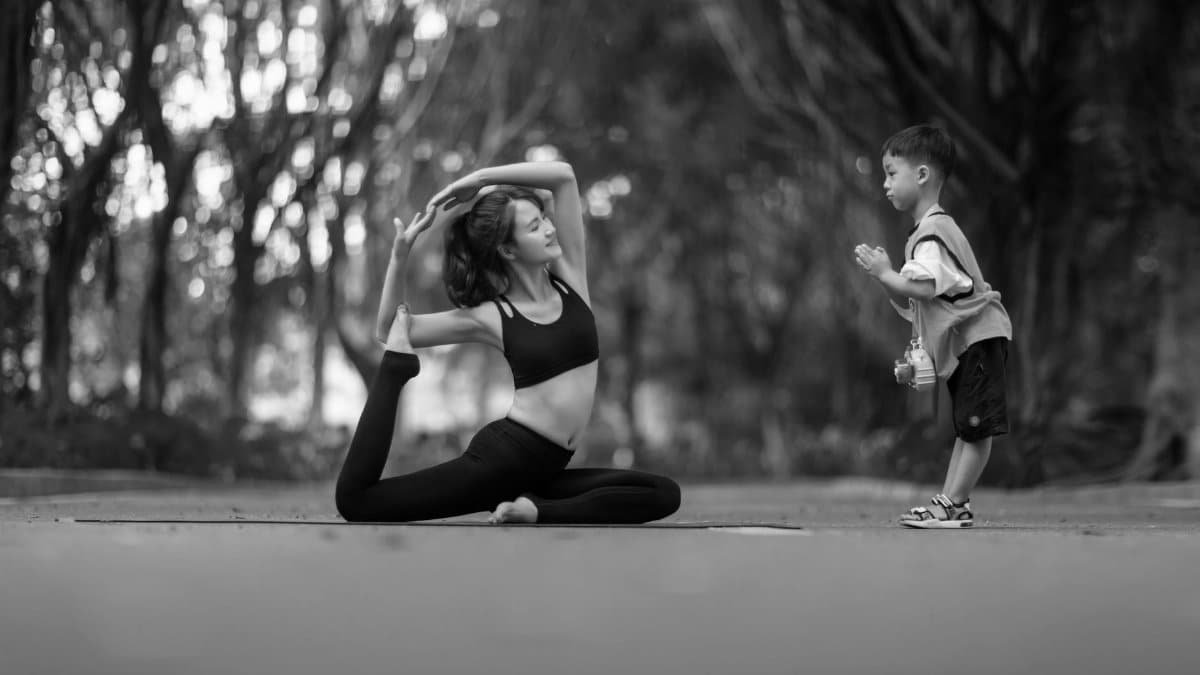In a fast-paced world, millions are turning to yoga for more than just a workout. New data from the Yoga Alliance shows that over 36 million Americans practice yoga, with a surge in daily routines boosting flexibility, energy, and movement. This isn’t just a trend—it’s transforming lives in cities like Houston, where locals report reduced stress and better balance. As we head into 2025, experts say these hidden benefits are key to overall well-being, especially in healing relationships strained by modern life.
Unlocking Physical Flexibility

Yoga’s emphasis on stretching and poses directly enhances physical flexibility. Regular practitioners often notice improved range of motion in joints and muscles. For instance, poses like downward dog and warrior help elongate tight hamstrings and hips, which can alleviate back pain common in desk-bound jobs. Studies indicate that consistent yoga can increase flexibility by up to 35% in just a few months. This isn’t mere anecdote; it’s backed by research from institutions like Harvard Medical School, which highlights how yoga combats stiffness from aging or sedentary lifestyles.
In Houston, where long commutes and humid weather exacerbate muscle tension, residents are finding relief through local studios. One key benefit is injury prevention. By improving flexibility, yoga reduces the risk of strains during everyday activities or sports. It’s particularly useful for older adults, helping maintain independence. The practice encourages mindful movement, teaching the body to bend without breaking, literally and figuratively.
Boosting Daily Energy Levels

Far from draining you, daily yoga amps up energy reserves. Through controlled breathing and dynamic flows, it oxygenates the blood and stimulates the nervous system. Many report feeling more alert without relying on caffeine. A study published in the Journal of Alternative and Complementary Medicine found that yoga participants experienced a 20% increase in vitality scores after eight weeks. This energy boost stems from better sleep quality and reduced cortisol levels, the stress hormone that saps stamina.
For busy Houston professionals juggling work and family, this translates to sustained focus throughout the day. Yoga’s meditative aspects clear mental fog, promoting a calm yet energized state. It’s not about high-intensity bursts but steady, renewable energy that supports productivity and emotional resilience.
Enhancing Fluid Movement

Movement in yoga isn’t just exercise—it’s a flow that integrates body and mind. Sequences like sun salutations build coordination and balance, improving how we navigate daily tasks. Research from the National Institutes of Health links yoga to better proprioception, the sense of body position, which declines with age. Practitioners often move more gracefully, with fewer stumbles or awkward motions.
In the context of healing relationships, this fluidity extends to social interactions. Couples practicing together report smoother communication, as yoga fosters patience and presence. Houston’s community classes are seeing pairs bond over shared poses, turning movement into a relational tool.
Stress Reduction and Mental Clarity

One of yoga’s underrated perks is its power to melt away stress. Techniques like pranayama breathing activate the parasympathetic nervous system, promoting relaxation. A 2023 meta-analysis by the American Psychological Association reviewed dozens of studies, concluding that yoga significantly lowers anxiety and depression symptoms. Participants in these studies showed improved mood and cognitive function, making it a go-to for mental health maintenance.
Houstonians dealing with urban pressures—traffic, hurricanes, job stress—are embracing yoga for this reason. Daily practice creates a buffer against burnout, enhancing clarity for decision-making in personal and professional spheres. It’s especially vital in 2025, as economic uncertainties heighten collective tension.
Improving Sleep Quality

Struggling with insomnia? Yoga might be the answer. Evening routines with restorative poses like child’s pose or legs-up-the-wall prepare the body for rest. Evidence from the Sleep Foundation indicates that yoga improves sleep duration and quality, with practitioners falling asleep faster and waking less often. This is due to regulated circadian rhythms and decreased hyperarousal.
For those in relationships, better sleep means less irritability and more harmonious interactions. Houston’s yoga scene includes bedtime classes tailored for couples, fostering deeper connections through shared relaxation. As sleep deprivation affects 35% of Americans, per CDC data, yoga offers a natural remedy without side effects.
Building Emotional Resilience

Yoga cultivates emotional strength by encouraging self-awareness and acceptance. Through mindfulness, it helps process feelings without overwhelm. A report from the American Psychological Association underscores how yoga builds resilience, reducing reactivity to stressors. This is crucial for healing relationships, where emotional baggage can hinder progress.
In Houston, workshops focus on partner yoga to rebuild trust and empathy. Practitioners learn to respond rather than react, leading to healthier dynamics. With rising divorce rates, such practices are gaining traction as preventive measures.
Supporting Weight Management

While not a calorie-torching cardio session, yoga aids weight control through mindful eating and metabolic boosts. It increases body awareness, curbing impulsive snacking. Findings from a study in the Journal of Obesity show yoga participants lost an average of 5 pounds over 12 weeks, thanks to stress reduction and better habits.
For Houston’s diverse population facing obesity rates above the national average, yoga provides an accessible entry point. It complements diets by enhancing flexibility, energy, and movement, making other exercises more enjoyable and sustainable.
Fostering Community Connections

Yoga studios serve as hubs for social bonding, countering isolation. Group classes build a sense of belonging, vital for mental health. In Houston, events like outdoor yoga in parks draw crowds, sparking friendships and support networks. This community aspect amplifies the benefits of flexibility, energy, and movement, extending them to relational healing.
Experts note that shared practices strengthen ties, with many crediting yoga for mending family rifts or deepening romantic bonds. As remote work persists into 2025, these in-person gatherings are more important than ever.
Long-Term Health Impacts

Over time, daily yoga lowers risks for chronic conditions like heart disease and diabetes. It improves cardiovascular health through gentle exertion and stress management. Longitudinal data from the Framingham Heart Study correlates similar mind-body practices with better outcomes. For overall well-being, it’s a low-risk investment with compounding returns.
In healing relationships, sustained health means more quality time together. Houston’s wellness community is promoting yoga as a lifelong habit, with classes for all ages ensuring accessibility.
Getting Started in Your Routine

Beginning a daily yoga practice is straightforward. Start with 10-15 minutes using apps or free videos. Focus on basics to build flexibility, energy, and movement gradually. Consult a doctor if you have health concerns, and join local Houston classes for guidance. Consistency is key to reaping these hidden benefits.
